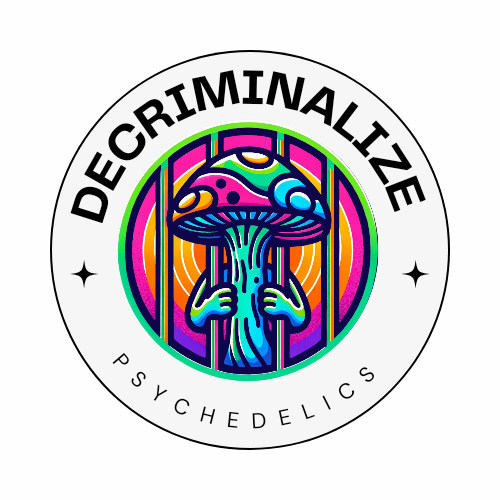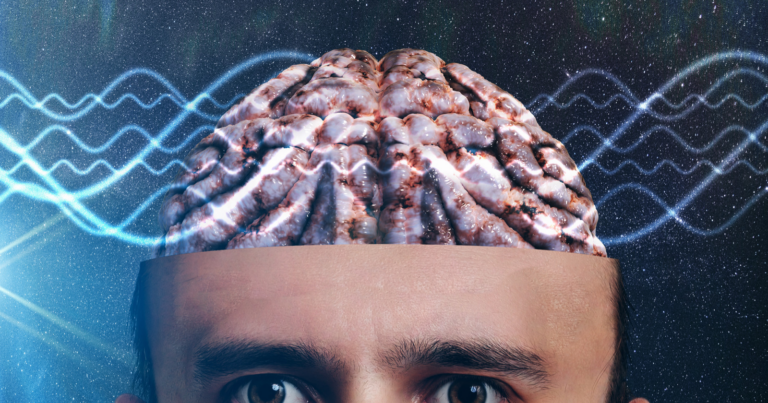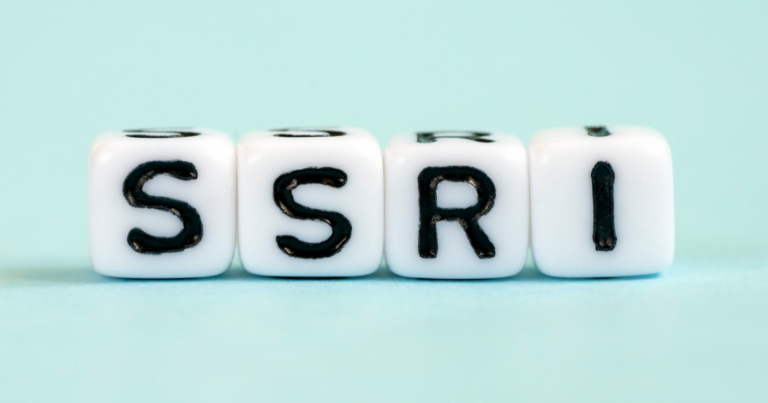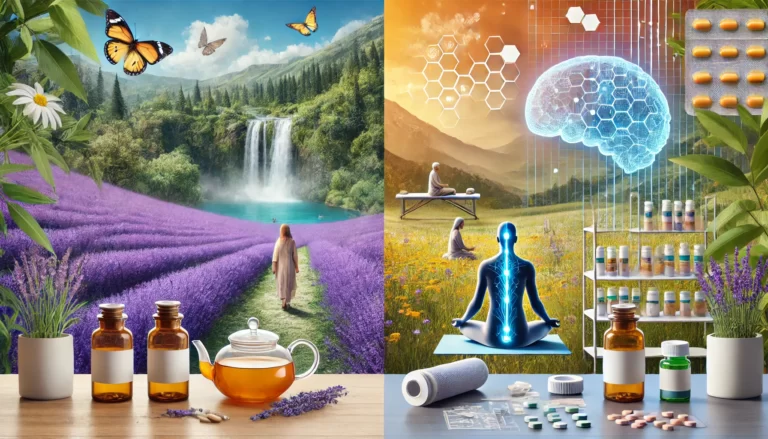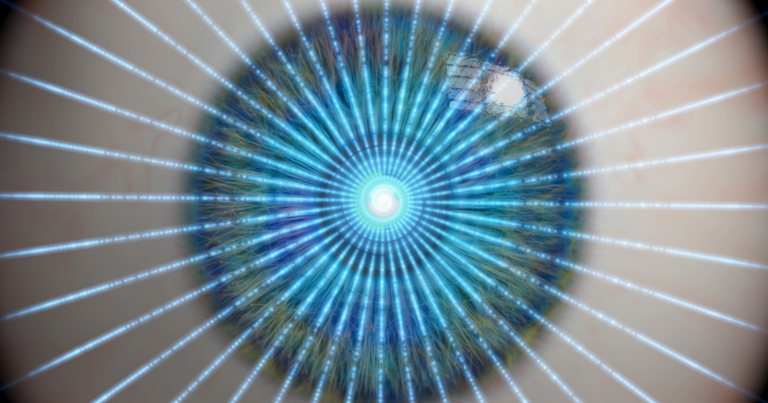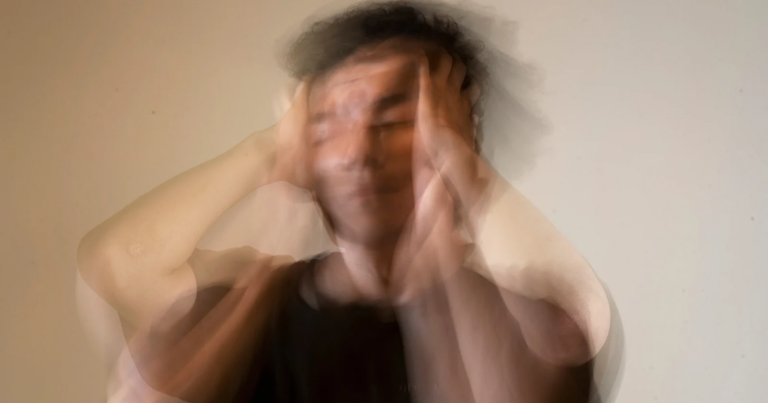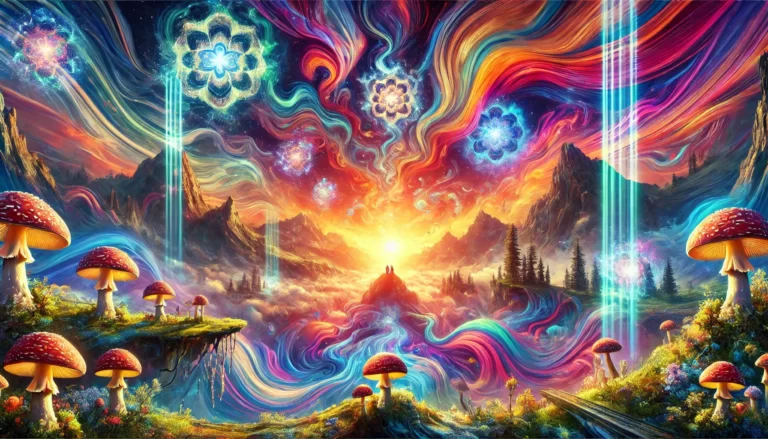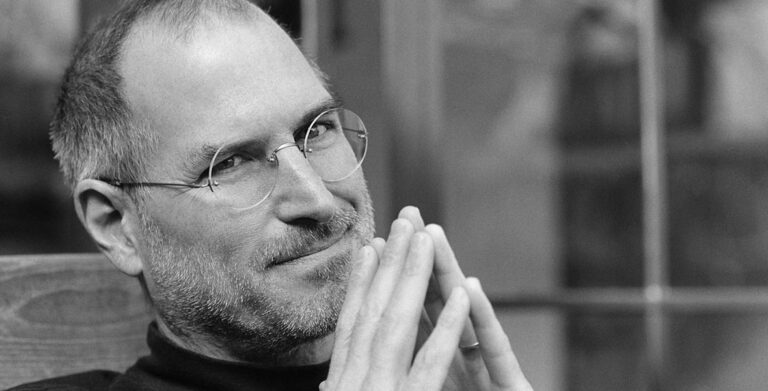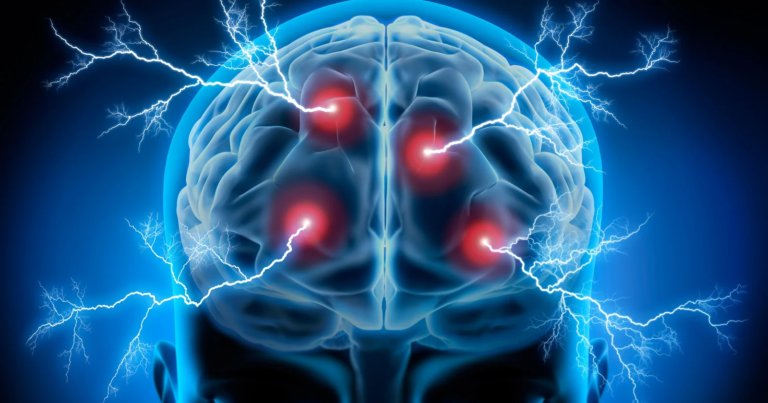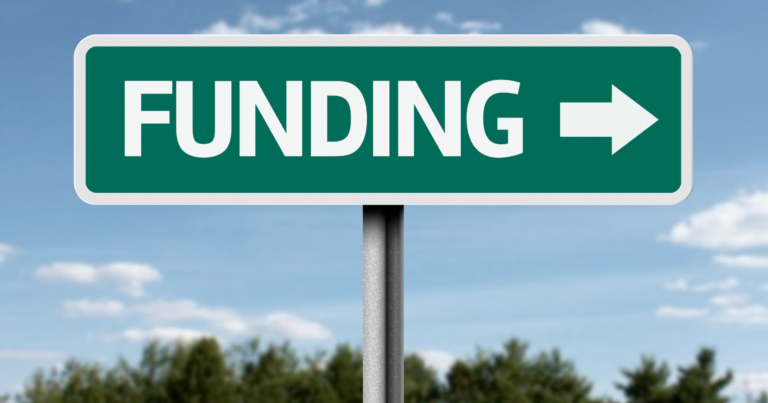Harnessing the power of MDMA in psychotherapy for social anxiety isn’t about chasing a high, it’s about healing.
It’s a dialogue, not a monologue.
It’s a way of inviting someone to explore feelings and fears that are often too difficult to face alone.
MDMA-assisted psychotherapy is like turning the lights on in a dark room, illuminating corners of the mind that have been shrouded in shadows for too long.
The magic of MDMA doesn’t lie in the substance itself, but in its ability to facilitate meaningful, therapeutic conversations. And though it’s still a hot topic in the scientific community, there are undeniable benefits to be found.
Here are seven reasons why MDMA could be a game-changer for those struggling with social anxiety.
1) Unlocking Emotional Barriers
Delving into the realm of psychotherapy with MDMA is like using a master key to unlock emotional barriers.
This isn’t about inducing a psychedelic trip, it’s about enabling individuals to explore their emotions in a safe and controlled environment.
MDMA has been found to lower inhibitions and defences, facilitating a deeper engagement in therapeutic processes. It’s like taking a shortcut through the maze of social anxiety, bringing patients face-to-face with their fears much quicker than traditional therapy might be able to.
Imagine it as the bridge between a person’s conscious and unconscious thoughts, allowing a free flow of dialogue that would otherwise be dammed by fear or reluctance.
The truth is, we’re all carrying emotional baggage. And MDMA-assisted psychotherapy can help lighten the load.
2) Promoting Self-Acceptance
There’s something transformative about looking at yourself through the lens of MDMA-assisted therapy.
I remember my own experience. The fear and anticipation before the session, the strange calm during, and the profound insight that came after.
In my journey with social anxiety, I always felt like I was on the outside looking in. A wallflower in a sea of social butterflies. But in that therapy room, under the influence of MDMA, I felt a shift.
I found myself reflecting on past social interactions that once filled me with dread. But this time, there was no dread. I saw myself not as a wallflower, but as someone who simply interacted with the world differently.
The experience did more than just help me understand my social anxiety. It helped me accept it as a part of who I am, not as a flaw or a failure.
MDMA-assisted therapy didn’t magically cure my social anxiety. But it gave me a new way to view and accept myself, which made all the difference in managing my symptoms.
3) Alleviating Symptoms Quickly
MDMA-assisted psychotherapy isn’t just about deep insights and self-acceptance. It’s also about results. The impact of traditional therapy can often take months, even years, to fully manifest. With MDMA, the effects can be seen much sooner.
According to a study published in the Journal of Psychopharmacology, 83% of participants diagnosed with PTSD showed a significant reduction in symptoms after just two sessions of MDMA-assisted therapy.
That’s a remarkable turnaround time, by any standards.
Imagine the potential for those with social anxiety.
The possibility of experiencing such significant relief in such a short span of time could be life-changing for many. It’s like fast-tracking the healing process, taking a leap towards recovery that would otherwise take much longer.
4) Facilitating Therapeutic Bonding
MDMA doesn’t just create a bridge between the conscious and unconscious, it also builds a bridge between the therapist and the patient.
In any form of psychotherapy, trust is key. For those with social anxiety, establishing this trust can be incredibly challenging. MDMA-assisted therapy, however, can accelerate this process.
The drug’s empathogenic effects – that is, its ability to increase feelings of empathy and connection – can help foster a deeper bond between patient and therapist. This enhanced therapeutic relationship can lead to more productive sessions and more progressive breakthroughs.
It’s like turbo-charging the therapeutic process, fostering a level of trust and understanding that might take countless sessions to build otherwise.
5) Creating a Safe Space for Vulnerability
In the grip of social anxiety, the world can feel like a stage where you’re perpetually under scrutiny. It’s a constant pressure cooker, and finding a release valve can feel almost impossible.
During my first MDMA-assisted therapy session, I remember feeling this overwhelming sense of safety. It was as if I’d been given permission to let go of the fear and self-judgment that had become my constant companions.
I found myself sharing thoughts and experiences I’d kept hidden for years. The walls I’d built around myself seemed to crumble, replaced by a newfound openness that felt both terrifying and liberating.
This ability to create a safe space for vulnerability is one of the most powerful aspects of MDMA-assisted therapy. It gives you the freedom to confront your deepest fears and insecurities, without the usual dread or apprehension. It’s an environment where healing can truly begin.
6) Enhancing Introspective Capabilities
The journey towards healing from social anxiety often involves a deep and sometimes uncomfortable level of introspection. It’s about understanding our own thoughts, feelings, and behaviours in order to change them.
MDMA-assisted therapy can enhance this introspective process. Under its influence, patients often report a heightened sense of self-awareness and clarity. It’s as if the fog that usually clouds our self-perception is lifted, allowing us to see ourselves more clearly.
This enhanced introspection can lead to profound realizations about the root causes of our social anxiety. And with this newfound understanding, we can begin to tackle these issues more effectively.
In essence, MDMA serves as a catalyst for self-discovery, accelerating our journey towards understanding and eventually overcoming social anxiety.
7) Potential for Long-Lasting Change
The most powerful aspect of MDMA-assisted therapy for social anxiety isn’t just the relief it can provide in the moment, it’s the potential for long-lasting change.
By breaking down barriers, fostering therapeutic bonding, and promoting introspection, MDMA-assisted therapy can help patients not only understand their social anxiety, but also develop strategies to manage it in the long term.
This isn’t about a quick fix or a temporary escape. It’s about equipping individuals with the tools and insights needed to navigate their social anxiety in their day-to-day lives.
MDMA-assisted therapy is more than just a treatment method. It’s an opportunity for transformation.
It’s About Healing
The exploration of MDMA-assisted therapy for social anxiety isn’t just about the substance itself, but the potential it holds for healing.
We’re talking about unlocking emotional barriers, facilitating therapeutic bonding, and fostering long-lasting change. It’s about creating a space for vulnerability and introspection, allowing individuals to confront their deepest fears and insecurities.
MDMA-assisted psychotherapy isn’t a magic pill that eradicates social anxiety. Instead, it’s a tool that can catalyze profound shifts in perspective, understanding, and self-acceptance.
As we continue to explore this promising field, let’s remember the ultimate goal: to alleviate suffering and enhance well-being. Because at the end of the day, it’s not just about the chemistry – it’s about the human experience.
